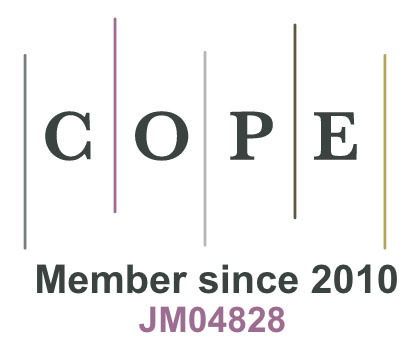Increase, Protect, and Support: Illuminating the Contributions of African American Nurse Scientists
Featured currently in ANS is the article title “African American Perceptions ofParticipating in Health Research Despite Historical Mistrust” authored by Marie Campbell Statler, PhD, RN; Barbra Mann Wall, PhD, RN, FAAN; Jeanita W. Richardson, PhD; Randy A. Jones, PhD, RN, FAAN; and Susan Kools, PhD, RN, FAAN. Here Dr. Statler describes her program of research and the challenges faced by African American Nurse Scientists:
‘If I can help someone on the journey, then my living will not be in vain’: African American perceptions of participating in health research despite historical mistrust.
My program of research centers around developing participant-centered and community-based research strategies that eradicates health disparities in the hardest hit African American communities. The intersectionality between my lived Black experience and my work as a clinical research nurse led to an interest in understanding the motivational behaviors and interactions of African Americans’ participation in health research despite a legacy of research mistreatment. As a former clinical nurse researcher, I understood research as a promising approach to advancing health and its connections to eliminating health disparities. Likewise, I understood the historical undertones that profoundly impacted the health of Black communities coupled with the shared cultural experiences with my Black patients. Therefore, with amazing coauthors and mentors Dr. Susan Kools, Dr. Barbra Mann Wall, Dr. Jeanita W. Richardson, Dr. Randy A. Jones and the gracious contributions of the African American Research Participants, this study was explored.
Qualitative description methodological approach allowed for an essential historical exploration, contextualization of relationships, and rich descriptions of new areas that motivate African American Research Participants (AARP) to research participation through a critical lens (Crenshaw et al., 1995; Green & Thorogood, 2018; Neergaard, Olesen, Andersen & Sondergaard, 2009; Sandelowski, 2000). Research highlighting the barriers to research participation is abundant, therefore, as part of a larger study that included thirty-three research participants, this study captured the perceptions of nineteen AARP that participate in health research.
Through researcher reflexivity and a deep historical reexamination, this study explored the perspectives of AARP that facilitate participation in research and provided a rich description of motivational factors, behaviors, and interactions of AARP that impact their participation in health research despite the legacy of justifiable distrust of research. In addition, utilizing community- engagement research strategies, the researcher collaborated with the Michigan Center for Urban African American Aging Research (MCUAAAR), and the Healthier Black Elders Center (HBEC) for participant recruitment and community research approval. Furthermore, this study was supported by a grant from the National Institutes of Health, 5P30 AG015281, and the Michigan Center for Urban African American Aging Research. More importantly, the findings from this study were disseminated back to the community.
This article offers several AARP experiences with research participation, their narratives revealed salient motivational factors including altruism towards improving population health including the health of the African American community. Furthermore, the study revealed the significance behind participants feeling respected and valued by their researchers and their experiences with race concordance in the researcher-participant relationship. Conversely, when participants were asked about their research experiences, several AARP expounded on experiences of mistreatment in health care settings which led several participants to seek Black health care providers and alternative forms of health information.
This is an area that warrants a deeper understanding and developing strategies to improve patient-provider relationships. Despite a historical legacy, the participants in this study were not deterred from participating in research and balanced their decision making with healthy skepticism. Just as important, this article offers the counterstories from AARP as to why they participate in health research and offers strategies to improve participant-researcher encounters. Therefore, it is essential that African Americans that choose to participate in research are treated as experts and collaborators in joint efforts to improve population health through inclusive research.
Crenshaw K., Gotanda N., Peller, G., & Thomas, K. (Ed.) (1995). Critical Race Theory: The Key
Writings That Formed the Movement. New York, NY: The New Press.
Green, J. & Thorogood, N. (2018). Qualitative Methods for Health Research: 4th Edition. Thousand Oaks, CA. SAGE.
Neergaard, M. A, Olesen, F., Andersen, R. S., & Sondergaard, J. (2009). Qualitative description: Poor cousin of qualitative health research? BMC-Medical Research methodology, 9, 52-56. doi: 10.1186/1471-2288-9-52
Sandelowski M. Whatever happened to qualitative description? Res Nurs Health. 2000;23(4):334- 340. doi:10.1002/1098-240x (200008)23:4334::aidnur93.0.co;2-g






Trackbacks & Pingbacks